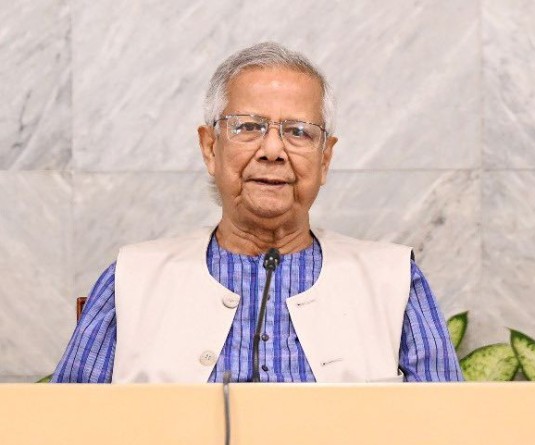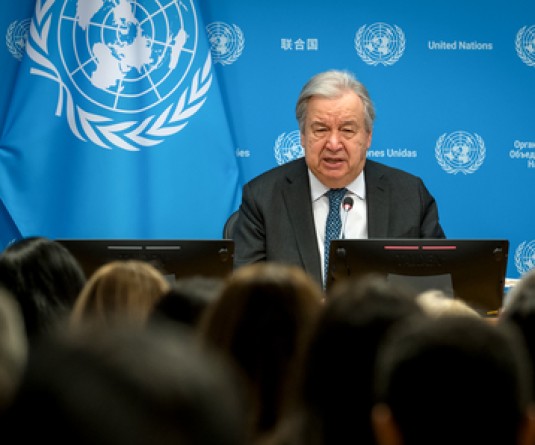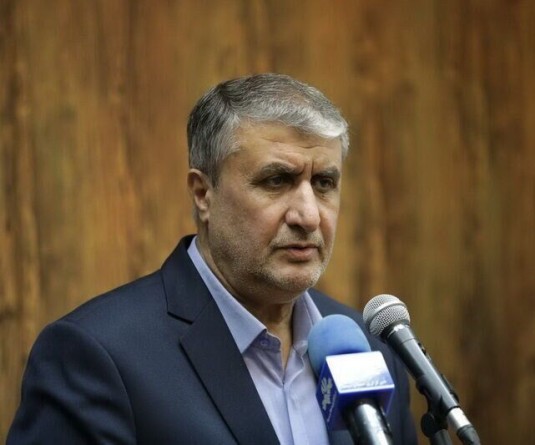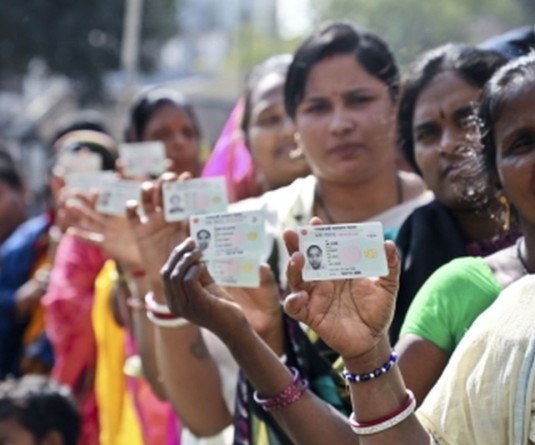China's U.N. Ambassador Zhang Jun addresses the United Nations Security Council, Monday, Jan. 31, 2022. (AP Photo/Richard Drew)
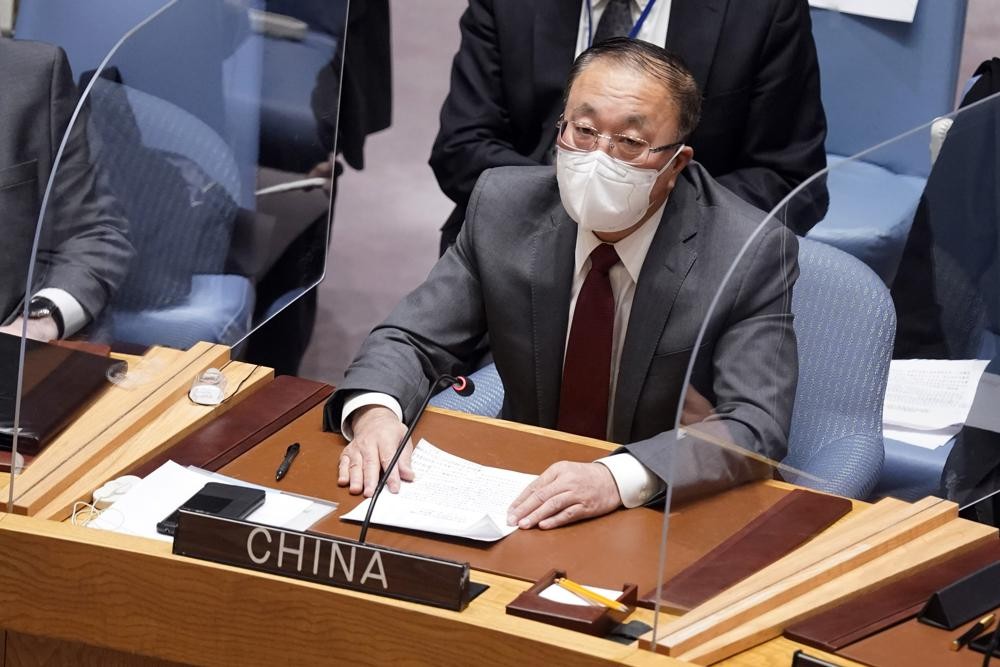
United Nations, February 5 (AP): China's UN ambassador said Friday the US should come up with more attractive and more practical policies and actions to reduce tensions with North Korea and avoid a return to a vicious circle of confrontation, condemnation and sanctions over its nuclear and ballistic missile program.
Zhang Jun said that the solution lies in direct dialogue and that if the Biden administration wants to see a breakthrough with Pyongyang they should show more sincerity and flexibility.
In rare remarks to reporters on Beijing's views on the U.S.-North Korean nuclear dispute, the Chinese ambassador said, What I see is the key in solving this issue is already in the hands of the United States.
Asked what else the United States should do since it has already said it is prepared to talk with North Korea, Zhang pointed to talks between then U.S. President Donald Trump and North Korean leader Kim Jong Un in Singapore and Hanoi.
We have seen the suspension of the nuclear test, we have seen the suspension of the launch of intercontinental ballistic missiles by the Democratic People's Republic of Korea, the official name of North Korea, he said. And then what has been done by the U.S.?
Zhang said the Biden administration should be asked in what way they can accommodate the concerns of DPRK ... to really bring tension down and then to put things under control.
Zhang spoke before joining a closed U.N. Security Council session called by the U.S. following North Korea's most recent test of an intermediate-range ballistic missile capable of reaching the American territory of Guam. The U.S. had sought approval by the 15-member council of a press statement condemning the launch, one of a record nine tests in January, as a violation of council resolutions and sanctions.
After the consultations, U.S. Ambassador Linda Thomas-Greenfield read a joint statement on behalf of eight council allies, joined by Japan, calling the Jan. 30 launch a significant escalation in North Korea's recent violations of U.N. resolutions. It called on North Korea to cease its destabilizing actions and respond positively to the offers from the United States and others to meet without preconditions.
The signers also urged all council members to speak with one voice in condemning these dangerous and unlawful acts.
The cost of the council's ongoing silence is too high, the statement said. It will embolden the DPRK to further defy the international community; to normalize its violations of Security Council resolutions; to further destabilize the region; and to continue to threaten international peace and security. This is an outcome that we should not accept.
The statement was signed by council members Albania, Brazil, France, Ireland, Norway, United Arab Emirates, United Kingdom and U.S. The seven council members that didn't sign are China, Russia, India, Kenya, Mexico, Ghana and Gabon.
Asked about Zhang's call for stepped up U.S. action and whether President Joe Biden should get directly involved in diplomacy, Thomas-Greenfield reiterated that the U.S. is willing to meet with North Korea without preconditions.
But," she added, "before we can commit our president to meeting, we need to have a better sense of what there is to achieve. I can't comment on what the Trump administration achieved. We had ballistic missiles testing throughout the past four years. It never stopped him. So we have to keep up the pressure.
She said that so far we've not been able to bring them to the diplomatic table for any discussions whatsoever.
Zhang called this a critical moment and said all concerned parties, including Security Council members, should stay prudent in words and actions and avoid further escalation of tensions.
We have seen a vicious circle -- confrontation, condemnation, sanctions, and then coming back to condemnation, confrontation and sanctions again, Zhang said. So, what will be the end?
He said that is why China and Russia, which border North Korea and have friendly relations with Pyongyang, proposed a draft U.N. Security Council resolution in November that would lift some sanctions.
It stressed the North's economic difficulties and called for lifting sanctions that include a ban on exports of seafood and textiles, a cap on imports of refined petroleum products, and a prohibition on its citizens working overseas and sending home their earnings.
We do not think that draft resolution will solve all the problems, Zhang said. But then, at least we are doing something in facilitating the further improvement and avoiding the escalation of the tension.
Asked whether the Security Council should respond to the nine missile launches by the DPRK in January, Zhang said council members are still consulting.
The question is in what way we can keep the situation under control and avoiding the escalation, the further escalation, the out-of-control of the situation and avoiding going back to a vicious circle, he said. That's the point.
Zhang said the answer lies in the hands of the United States.


